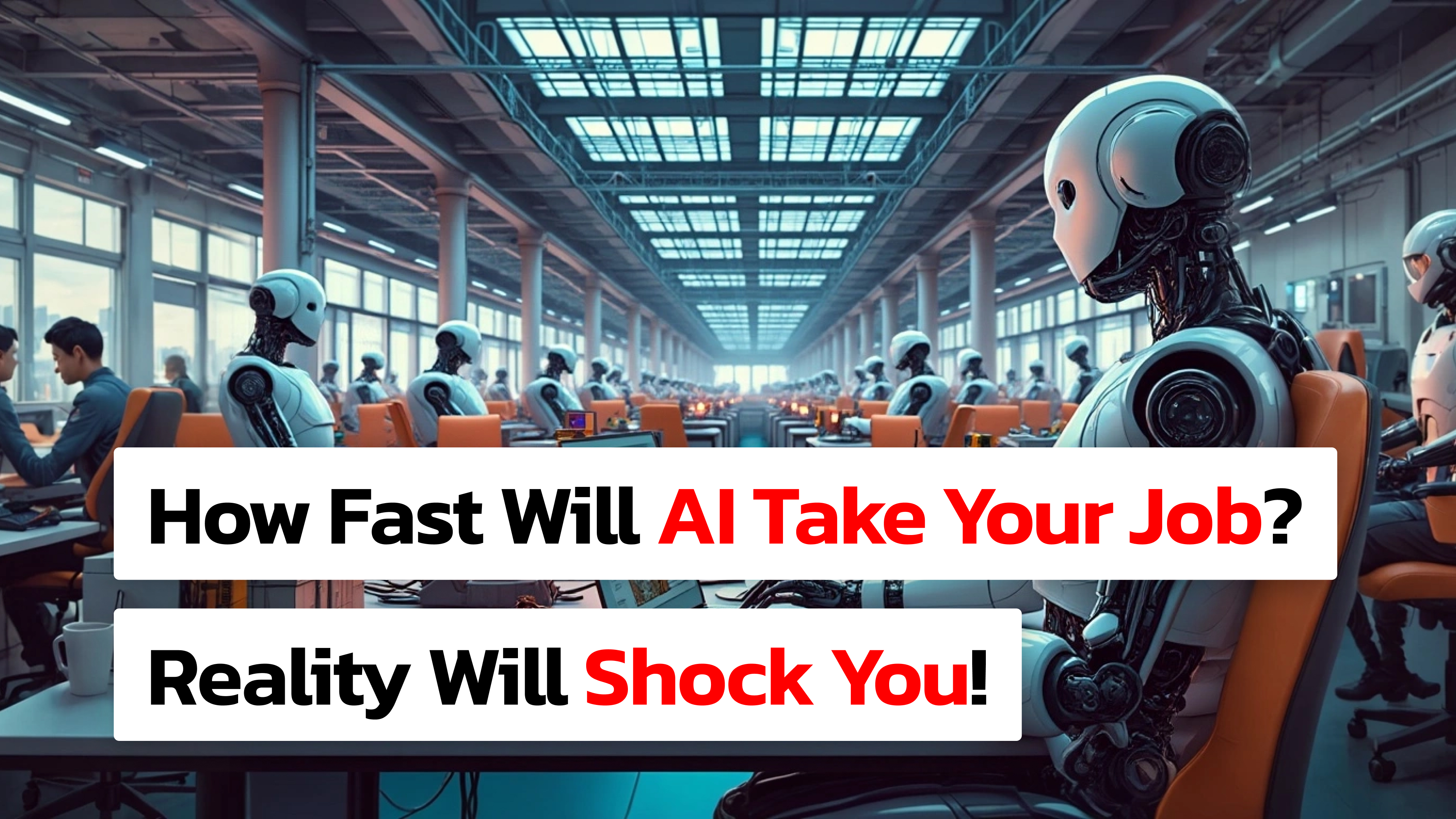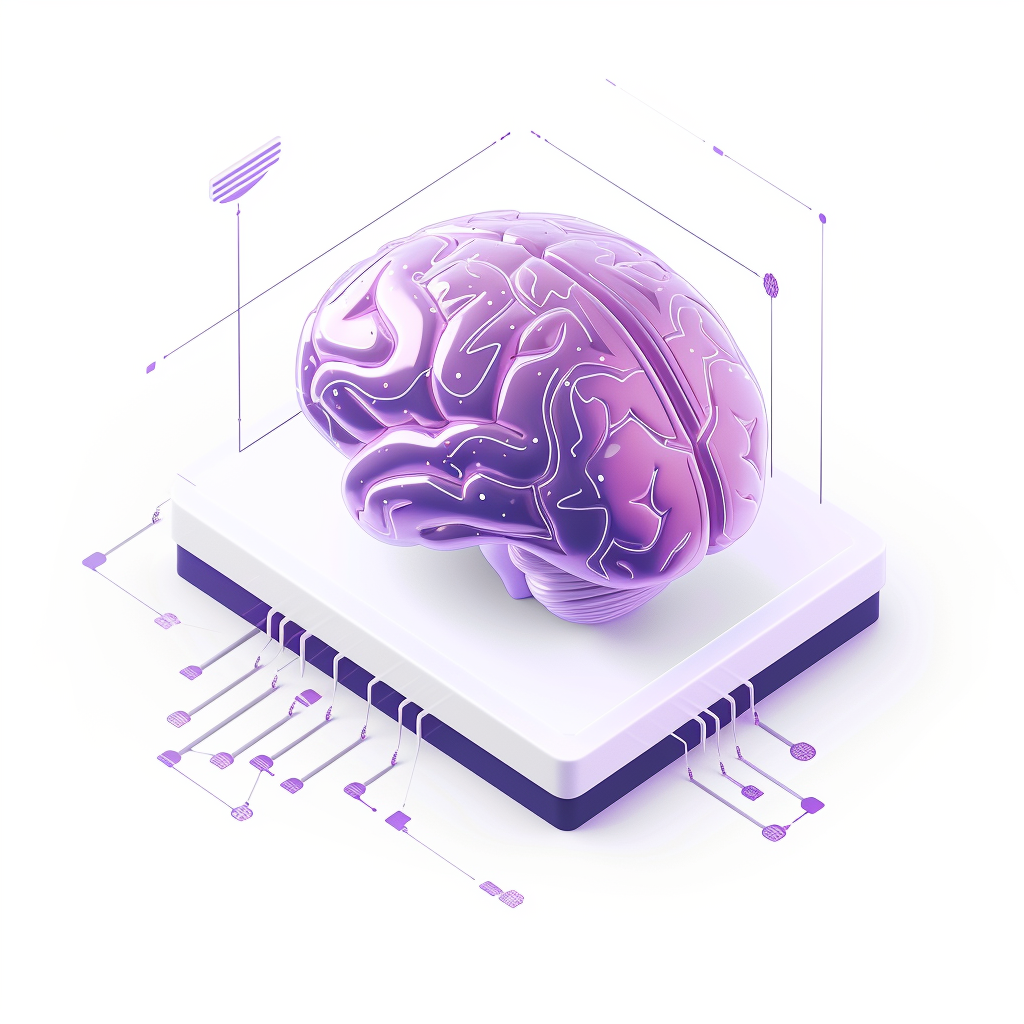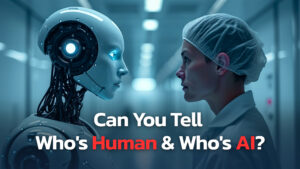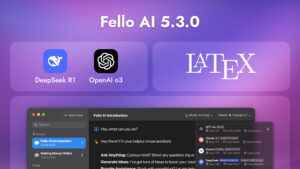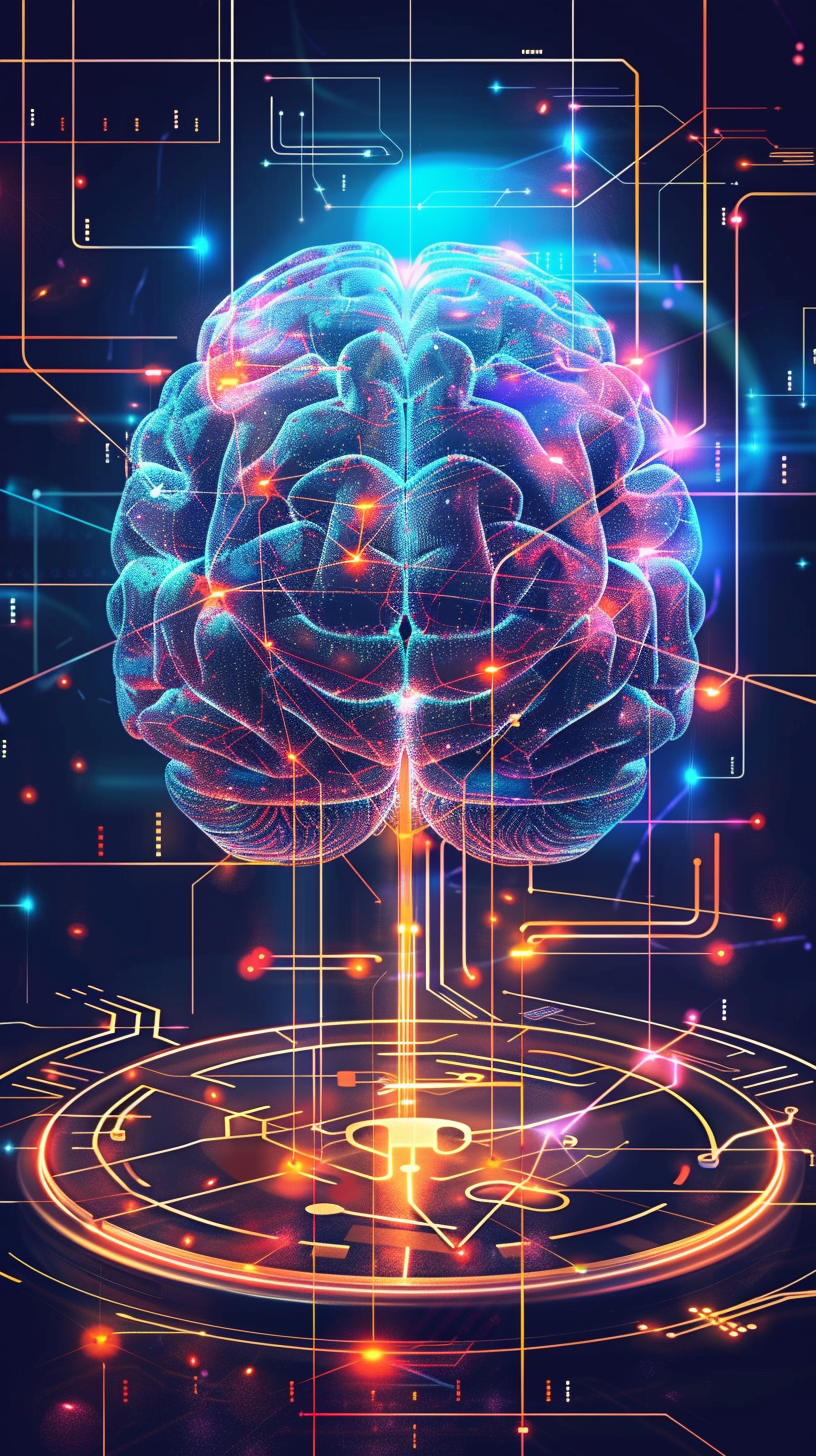Artificial intelligence (AI) is everywhere these days. The hype makes it sound like AI is about to change everything overnight—but what’s the real story? How is AI actually affecting jobs today, and what can we expect in the next decade? Let’s break it down: what’s real, what’s exaggerated, and what’s still up in the air.
AI’s Current Impact on Jobs
Despite all the headlines, According to MIT Economist Daron Acemoglu, AI currently impacts only about 5% of jobs. That’s right—just 5%. While the buzz makes it sound like machines are taking over, the reality is more mundane. Most AI today is still in its early stages, focusing on narrow tasks instead of industry-wide disruption.
Sectors like construction, manufacturing, and carpentry have seen little AI influence. Physical labor and complex manual skills are a tough nut for AI to crack. Instead, the current focus is on automating repetitive, data-heavy jobs—but even that isn’t widespread yet.

Incremental Improvements, Not Sci-Fi Leap
So, what does the future hold? AI development isn’t a smooth, exponential curve. Instead, it faces some significant roadblocks: the need for massive amounts of quality data and the rigidity of current AI architectures.
Experts predict that, while AI will get better in the next 5 to 10 years, it won’t be a sudden leap into a sci-fi future. Think more task-specific improvements—like better customer support bots—and less about AI taking over whole industries. Incremental change is the most realistic expectation.
Winners and Survivors
Not all sectors are feeling AI’s impact equally. In tech, the demand for AI programmers and systems integrators is skyrocketing. On the flip side, some IT jobs, like those in routine security monitoring, are shrinking as AI takes over threat detection.
Other industries see AI as a productivity booster, not a job killer. Businesses are using AI for tasks like managing inventory or answering simple customer queries, freeing up workers to handle creative, human-centric tasks that AI can’t touch.
Are the Numbers Real?
Valuations for AI companies like OpenAI y Nvidia are soaring—but are they worth it? OpenAI recently closed a $6.6 billion funding round, pushing its valuation to $157 billion, backed by Thrive Capital, Microsoft, Nvidia, and others. Since launching ChatGPT in 2022, OpenAI has driven massive investments in AI, with revenues up 1,700% and projected sales of $11.6 billion next year. However, the company faces steep financial challenges, expecting to lose $5 billion this year due to the high cost of Nvidia GPUs.
Meanwhile, Nvidia, a key supplier in AI hardware, has seen its valuation soar to nearly $3 trillion, solidifying its role in AI’s future. Despite their dominance, both companies face pressure to justify their valuations. OpenAI’s internal challenges, including executive departures, and Nvidia’s dependence on AI hardware demand raise concerns about long-term sustainability.
These skyrocketing valuations reflect optimism around AI but also signal the need for a reality check as both companies navigate the financial and operational pressures of sustaining growth.
Augmentation vs. Job Loss
Is AI going to take your job? The reality is more nuanced. AI is more about augmenting human abilities than outright replacing them. In manufacturing, for example, AI can enhance production efficiency, but it still needs human oversight for maintenance and troubleshooting.
The real challenge is how to help people adapt as AI takes on specific tasks. The key lies in shifting from repetitive work to roles that require human creativity and decision-making.
AI isn’t just an economic issue—it’s a societal one too. AI brings questions about privacy, surveillance, and ethics to the forefront. As AI systems become more embedded in our daily lives, there’s an urgent need for new regulations and ethical standards.
Plus, the workforce needs to adapt. Education systems must evolve to prepare people for an AI-driven world. Retraining and lifelong learning will be critical if workers are going to keep up with these technological shifts.
Balancing the Hype with Reality
AI is transforming the job market—but from a small starting point. Its current impact is limited, with most of the changes happening in specific, tech-heavy roles. The next decade will bring steady improvements, but don’t expect overnight revolutions.
The challenge is to make sure society is ready—that means addressing ethical issues and retraining the workforce to adapt. The goal should be to use AI to enhance what we do, not to blindly replace it. By keeping our focus on responsible innovation, we can ensure AI’s potential is realized in a way that benefits everyone.

